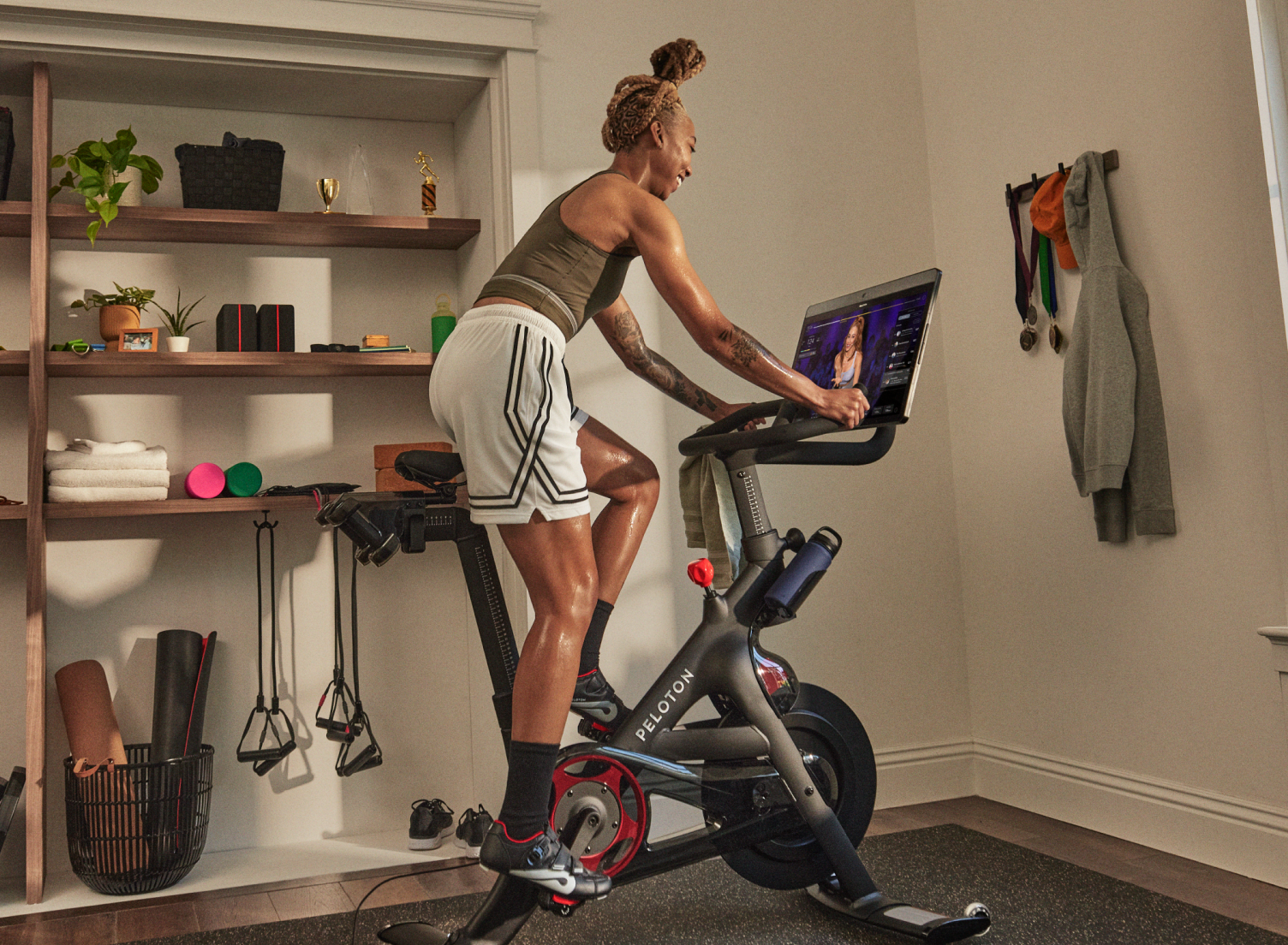Balancing Act: Why Taking Breaks at Work is Like HIIT Training on a Peloton Bike
I just got back from a 2-week vacation. In previous years, I would have been hesitant to take such a long time away, thinking that it would only set me too far behind in work and not really be worth it to have to prepare on the front end and catch up on the back end of the vacation.
However, during a recent HIIT (High-Intensity Interval Training) Peloton ride a parallel between physical fitness and work life became abundantly clear. I would NEVER in a million years think of skipping the rest on the other side of a HIIT interval. If you’ve done an HIIT interval you know that in fact, if you do skip the rest, you will barely be able to complete the 2nd interval.
What’s more, is that when you learn to truly TAKE the break between intervals, you find yourself performing that much better in the subsequent intervals, and increasing your overall level of fitness.
So if the need to take breaks is so obvious and understandable in physical fitness, why then would we deny ourselves breaks from the work we do every day, and feel guilt, shame, laziness, and other undesirable adjectives associated with them?
In our fast-paced world, the pursuit of success often seems synonymous with working tirelessly, and pushing ourselves to the limit. However, as we've come to understand the significance of physical health and exercise, a parallel lesson emerges – the importance of balance. This blog post dives into the analogy between working hard at your job and engaging in High-Intensity Interval Training (HIIT) on a Peloton bike, and how both activities highlight the necessity of taking breaks.
1. The Intensity Factor:
Just as HIIT sessions on a Peloton bike are characterized by alternating bursts of high-intensity exercise and periods of recovery, the work environment often involves intense concentration followed by brief moments of respite. HIIT training challenges your body's capacity to endure intense effort, much like the focus and dedication required during those critical work hours. Similarly, pushing through a challenging task at work mirrors the determination needed during high-intensity intervals in a HIIT workout.
2. The Burnout Effect:
In both contexts, neglecting breaks can lead to burnout. Overexertion during a HIIT session can cause fatigue and hinder future performance. Similarly, prolonged periods of work without breaks can result in decreased productivity and overall job satisfaction. Just as you can't perform at your best on a bike without intervals, you can't give your best at work without regular breaks.
3. Recovery:
HIIT training emphasizes the importance of allowing your body to recover between intervals. This recovery time enables muscles to repair and grow stronger, ultimately improving your overall fitness. In the same vein, breaks at work facilitate mental rejuvenation. Stepping away from your desk or workstation helps reset your mind, leading to better concentration, creativity, and problem-solving when you return.
4. Avoiding Plateaus:
In fitness, routine can lead to plateaus where progress stalls. HIIT breaks this cycle by introducing variety and challenging the body in different ways. At work, continuous effort without breaks can lead to diminishing returns. Taking breaks allows you to approach tasks with a fresh perspective, potentially sparking new ideas or solutions that can invigorate your work routine.
5. Mind-Body Connection:
Just as HIIT workouts strengthen the connection between your body and mind, taking breaks fosters a healthier work-life balance. Engaging in physical activity and allowing time for mental relaxation contribute to holistic well-being. This connection reminds us that our performance is optimized when we prioritize our physical and mental health.
Conclusion
In the pursuit of success, it's easy to forget that pushing ourselves relentlessly can lead to burnout and decreased productivity. The analogy between working hard at your job and engaging in HIIT training on a Peloton bike underscores the need for balance. Just as interval training involves alternating high-intensity effort with recovery, work benefits from periods of focused productivity followed by well-deserved breaks. Embracing the concept of balance not only enhances our professional lives but also promotes overall well-being – a true testament to the idea that success thrives in harmony, not in constant hustle.

